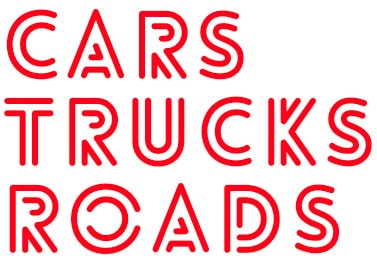
Car dealer red flags are crucial indicators for potential buyers. Recognizing these signs can prevent a negative purchasing experience and protect your interests. This article lays out the key warnings to be wary of.
1. Presentation Matters
First impressions count. Cars parked haphazardly or faded streamers signal neglect. Overgrown vegetation further underscores carelessness.
2. Sales Pressure
Beware of aggressive sales tactics. Dealerships prioritizing genuine customer interests will let decisions unfold naturally. Forceful persuasion often hides ulterior motives.
3. Seek Transparency
Trustworthy dealers provide clear information. If they withhold vehicle history or pricing details, caution is advised.
4. Customer Feedback
Always check online reviews. Consistently negative feedback, especially about deceit, is a red flag. Happy customers usually mean trustworthy dealers.
5. Pricing Consistency
Significant price fluctuations for identical vehicles raise eyebrows. If prices seem too good to be true or excessively high, investigate further.
6. Staff Professionalism
An establishment’s quality often mirrors its staff. Rude or dismissive behavior reflects poorly on the dealership.
7. Facility Maintenance
Well-kept facilities suggest attention to detail. Dirty interiors or neglected restrooms might hint at bigger problems.
8. Test Drive Reluctance
Always insist on test drives. Dealers hiding vehicle issues often avoid them.
9. Warranty Honoring
Reputable dealers uphold warranties and service agreements. If they falter, reconsider your choice.
10. Essential Documentation
Ensure dealers provide necessary paperwork. Missing titles or service records suggest a hasty or disorganized business.
11. The Importance of Matching VINs
One of the most concrete car dealer red flags is a discrepancy between the Vehicle Identification Number (VIN) on the car and the VIN listed on the title or paperwork. The VIN is a unique 17-character identifier that provides crucial details about the vehicle, including its make, model, engine type, place of manufacture, and production number.
A mismatched VIN can signal several potential issues:
- Stolen Vehicle: A different VIN on the car versus the paperwork might indicate that the car is stolen, and the title doesn’t belong to it.
- Title Washing: This illegal practice involves hiding a car’s history, especially if it was previously branded as salvaged or flood-damaged, by obtaining a new title without the branding.
- Odometer Fraud: Discrepancies in VINs can also be a sign that someone is trying to hide mileage inconsistencies. Different VINs might mean records of actual mileage are kept separate from the vehicle being sold.
- Fraudulent Repairs: A swapped VIN might indicate that parts of one vehicle were used to repair another, potentially leading to safety concerns.
For any potential car buyer, it’s essential to verify that the VIN on the vehicle matches the one on the title and any other accompanying documentation. If there’s a discrepancy, it’s a strong indication that you should investigate further or consider a different dealership or private seller.

Conclusion
Spotting car dealer red flags early saves both time and potential heartache. Equip yourself with this knowledge, ensuring your car-buying journey remains smooth and genuine. Always prioritize dealers who respect and value your business.


